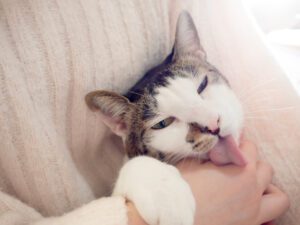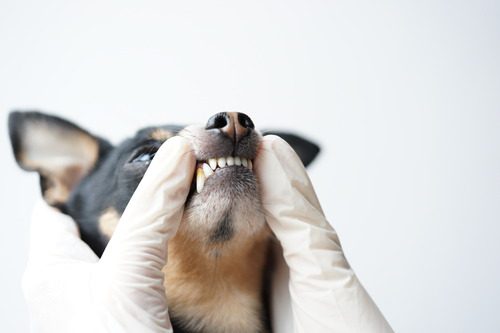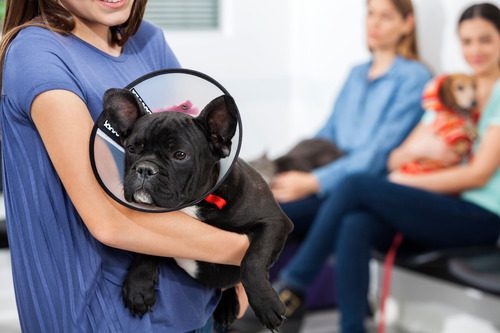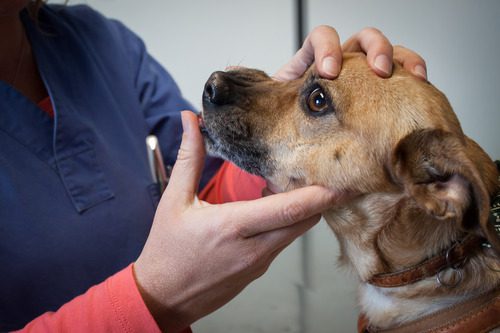Cat Behavior: Why Your Cat Licks You
If you have a cat, you’ve likely experienced the sensation of their rough tongue licking your skin. While it may feel strange, your cat’s licking behavior is a normal part of their communication and social interaction.
In this article, we will explore the various reasons why your cat may lick you, as well as discuss what to do if the behavior becomes excessive. By understanding your cat’s behavior, you can better appreciate and strengthen the bond you share with your feline friend.

5 Reasons Why Your Cat Licks You
Your cat may lick you for a variety of reasons. Most of the time, they are showing you affection by grooming you. In other cases, they may like you the way your skin tastes or they may simply be curious. Let’s discover why your cat licks you!
1) Affection
One of the primary reasons cats lick their owners is to show affection. Cats learn to groom each other as a social bonding activity from their mothers during kittenhood. This behavior, called allogrooming, is a way for cats to strengthen their bonds with their family members. When your cat licks you, it’s a sign that they consider you part of their family and are expressing their love and trust.
2) Grooming
Cats are meticulous groomers and spend a significant amount of time cleaning their fur. When your cat licks you, they may be attempting to groom you, just as they would groom themselves or another cat. This behavior is another sign of affection, as cats groom those they care about.
3) Taste
Your cat may also be attracted to the taste of your skin, especially if you’ve been sweating or have traces of food on your hands. The natural salts and oils on your skin can be appealing to your cat, leading them to lick you.
4) Comfort
Licking can also be a comforting behavior for your cat, as it is reminiscent of their kittenhood when their mother would groom them. This repetitive action can help your cat feel calm and secure in their environment.
5) Curiosity
Cats are naturally curious creatures and may lick you to explore new sensations or tastes. This behavior can be part of their ongoing exploration of the world around them.
What to Do if Your Cat Licks You Excessively

While occasional licking is normal and harmless, excessive licking can be a sign of an underlying issue or may lead to skin irritation for the person being licked. Here are some steps you can take if your cat’s licking becomes excessive.
Provide Stimulation
Ensure your cat has access to plenty of physical and mental stimulation, such as toys, climbing structures, and interactive playtime. Boredom can lead to excessive licking, so providing engaging activities can help redirect your cat’s energy.
Redirect the Behavior
If your cat begins to lick you excessively, gently redirect their attention to a more appropriate activity, such as playing with a toy or grooming themselves. This can help teach your cat that there are other, more acceptable ways to express their affection or curiosity.
Offer a Licking Alternative
Consider providing your cat with a grooming or licking toy, such as a soft brush or a textured surface designed for licking. This can give your cat a more appropriate outlet for their licking behavior and help prevent excessive licking of your skin.
Consult Your Veterinarian
If your cat’s excessive licking persists or worsens, consult your veterinarian to rule out any potential medical issues. Conditions such as anxiety, allergies, or skin irritations can contribute to excessive licking behavior, and addressing these issues can help resolve the problem.
Positive Reinforcement
Reward your cat with praise, treats, or affection when they engage in appropriate behaviors instead of excessive licking. This can help reinforce the desired behavior and encourage your cat to seek other ways to express their affection.
Understanding Unique Cat Breeds and Licking Behaviors
Some cat breeds may be more prone to licking behavior than others. For example, breeds such as the Siamese and the Sphynx are known for their social and affectionate nature, which can result in more frequent licking of their owners. It’s essential to familiarize yourself with your cat’s breed-specific traits and tendencies to better understand their licking behavior and respond accordingly.
In Conclusion
Understanding why your cat licks you is crucial for maintaining a healthy and happy relationship with your feline companion. Whether your cat is expressing affection, grooming you, or satisfying their curiosity, licking is a natural and normal behavior. However, if the licking becomes excessive, it’s important to address the issue through appropriate redirection, mental and physical stimulation, and consultation with your veterinarian if necessary. By being attentive to your cat’s needs and respecting their boundaries, you can foster a loving bond that will last a lifetime.
If you need to see a vet in the Clifton Park, NY region, Cornerstone Veterinary Hospital of Clifton Park is here for you and your pet. Give us a call today at (518) 383-6254 or visit us online to make an appointment!
Recent Posts
Dog Tooth Abscess Burst: What to Do
Dog Tooth Abscess Burst: What to Do You’re petting your dog and notice swelling near their muzzle,…
Infected & Swollen Spay Incision in Dogs
Infected & Swollen Spay Incision in Dogs When your dog undergoes a spay procedure, you expect her…
Dog Tooth Decay Stages
Dog Tooth Decay Stages Dental disease is one of the most common health problems seen in dogs…
About Us
Originally opened as Animal Care Hospital by Dr. Mark Johnston in 1989, the hospital became Cornerstone Veterinary Hospital in 2015 when it was purchased by Drs. Alan and Lisa Knott. The name 'Cornerstone' holds a special place in their hearts, representing not only their Christian faith but also their commitment to being the cornerstone of the community in which they practice. As a family-owned and operated practice, every pet is treated as part of the family, ensuring they receive the highest standard of care. The team at Cornerstone Veterinary Hospital is dedicated to building lasting relationships with clients and their beloved pets, striving to be the cornerstone of the community in which they practice.



